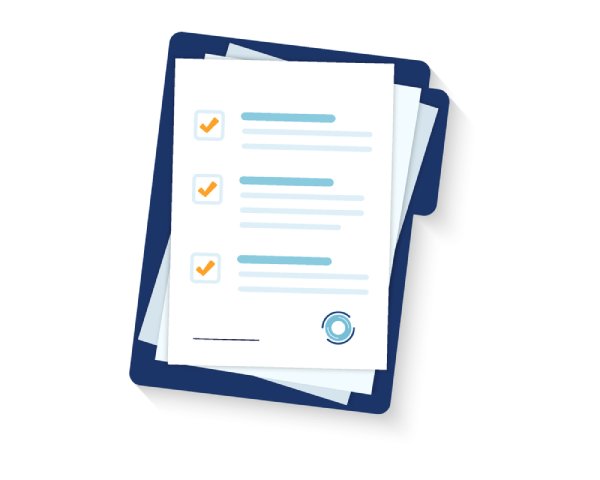What is a Guaranteed Investment Certificate (GIC)?
If you want to study in Canada, you need to prove that you have enough money to support yourself during your stay. This is essential not only for your tuition fee but also to cover your living costs. You are required to show that you possess assets of at least 20,635 CAD even before you arrive in Canada. A smart solution to help you meet this financial requirement is a Guaranteed Investment Certificate, or GIC.
GICs work by asking you to leave your funds in the account for a set amount of time. This is called the term of the GIC. Once the term is up, you can then access your money along with the interest it has earned. When you put money in a GIC account, it guarantees you a fixed interest rate over a certain period. In simple terms, your money grows while it is secured in this account.

